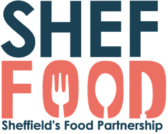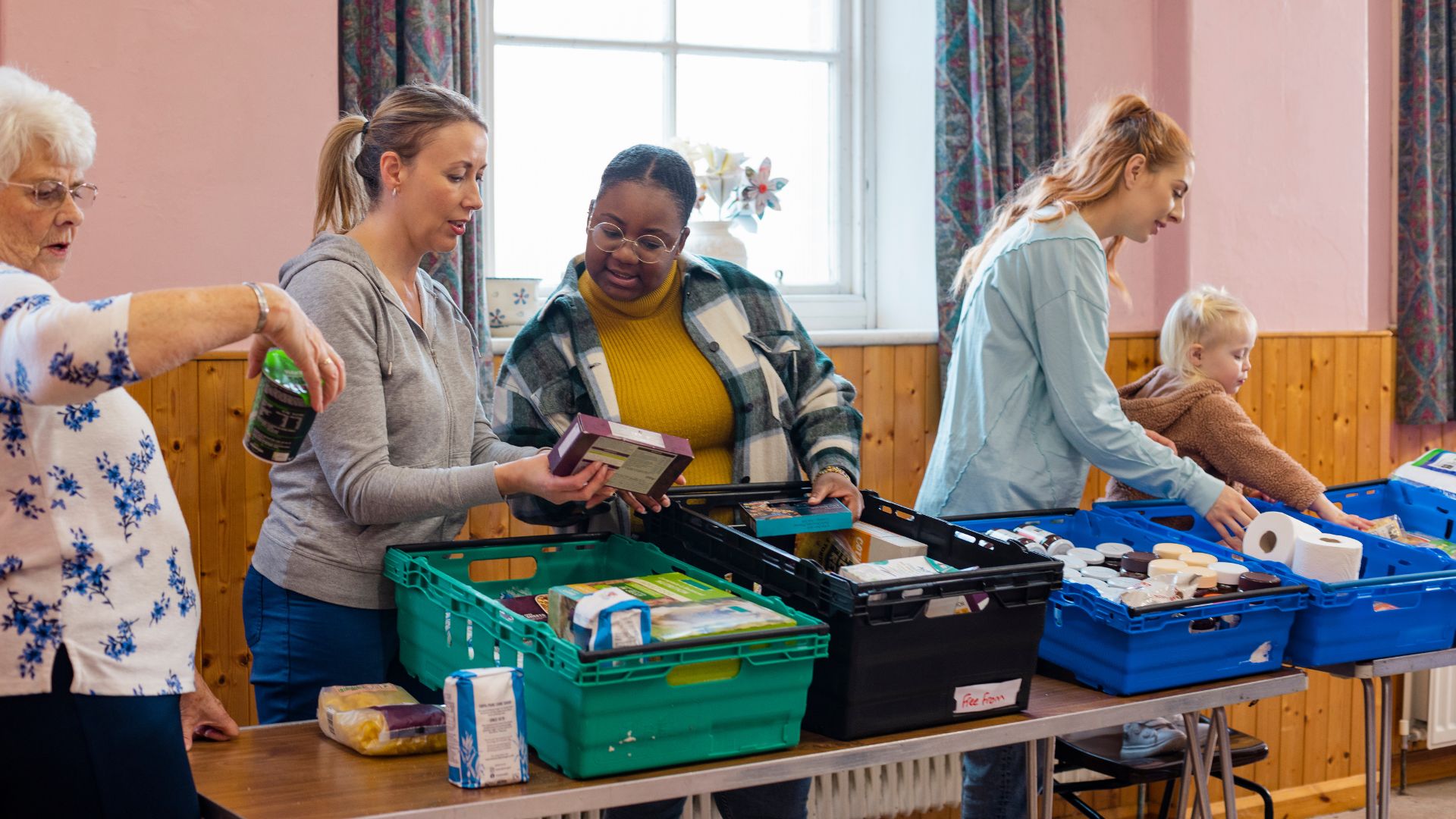Sheffield has a rich tapestry of community food provision aimed at supporting residents in need. With various services available, it’s essential to understand the different options and how they can help those in crisis or struggling to make ends meet. This article provides a broad overview of what community food provision is available, as well as upcoming events to bolster the city’s food support network. Whether you’re someone who needs help today or supporting people who need help, we’ve got the resources of mutual aid in this city to make it all happen.
Food banks provide crucial, immediate relief to individuals and families facing food insecurity. In Sheffield, food banks typically offer parcels containing three days’ worth of food and essential items such as toiletries. While some food banks allow direct access, most require a referral from a professional such as a GP, social worker, or support worker.
Referrals generally include essential information about the person in need, such as their name, postcode, household size, and the referring organisation’s contact details. The Sheffield S6 Foodbank can be contacted directly at 0114 321 0733 for those who need to make a self-referral to their 10 locations across the city, such as Gleadless Food Bank and Firth Park. Additionally, Citizens Advice offers referral services through their helpline at 0808 278 7820 (freephone). They also provide assistance through language lines for Urdu (0114 700 6881), Arabic (0114 700 2345), and Somali speakers (0114 700 6896). To locate a nearby food bank, residents can use the community food provision map, which you can find on the ShefFood website.
Sheffield offers several reduced-cost services for residents who are not in immediate crisis but still need help accessing tasty and nutritious food. These include food pantries, which are membership-based food clubs allowing members to shop for groceries at significantly reduced prices. They provide a dignified way for individuals to obtain the food they need. Examples include S2 Food Club and Dryden Food Pantry.
Additionally, social eating spaces offer free or low-cost hot meals in a welcoming environment, aiming to foster community connections and build resilience while ensuring everyone has access to nutritious food. Examples include St Marys and Foodcycle. The Sheffield food provision map and the Sheffield Welcoming Places network highlight the locations of food pantries and social eating spaces. These resources are part of a broader effort to ensure that food and community support are accessible throughout the city and can be accessed on the ShefFood and VAS websites.
ShefFood, Sheffield’s local food partnership, coordinates the Community Food Provision network (formerly the Food Ladders Project). This initiative brings together organisations providing free or reduced-cost food, facilitating knowledge exchange, and fostering collaboration to build a robust food provision system. The goal is to ensure everyone, including those who need it the most, can access culturally appropriate and nutritious food locally. Nell Attwood, the new partnership coordinator, has been instrumental in leading the development of Community Food Provision this May. Her work includes mapping all available food provision in Sheffield, helping residents navigate these resources and working with support workers to spread the correct information.
ShefFood invites you to their next Community Food Provision Meeting on Thursday, June 13th, from 4 PM to 6 PM at the Common Ground Community Centre, Machon Bank, Nether Edge, S7 1GR.
This Working Group Meeting will focus on Social Eating and provide an opportunity to discuss the Local Food Action Plan and ShefFood’s ongoing mapping projects. This gathering is also a chance to celebrate the social eating spaces across the city, which play a crucial role in fostering community and providing nutritional support. Attendees will have the opportunity to raise issues and seek support from ShefFood and its partners. Gowri from Ammi’s Kitchen will provide Sri Lankan food at the event. Participants can purchase a free or paid ticket, with proceeds covering event costs and food. This is completely optional, ensuring that everyone can attend regardless of financial situation. I encourage you to join ShefFood for this important event, which promises to be an informative and collaborative session dedicated to improving food access and supporting community initiatives.
In addition to the Community Food Provision Meeting, ShefFood will be hosting two workshops in June and July. These sessions aim to explain the differences between various types of food provision, how referrals work, and when to refer someone to a food bank or other community food services like a pantry or social eating space. These workshops are part of ShefFood’s broader efforts to enhance food access across Sheffield. While these sessions are specifically designed for council workers and organisations in the social support field, they represent a significant step towards building a more inclusive and supportive food provision network in the city. ShefFood is looking forward to be able to offer these workshops to other organisations later in the year.
To learn more about ShefFood’s initiatives or to join the Food Ladders network, contact info@sheffood.org.uk. By getting involved, you can help shape a food system that ensures all Sheffield residents have access to nutritious and culturally appropriate food. Whether you need food support, are interested in volunteering or are looking to collaborate, Sheffield’s community food provision network offers a variety of ways to get involved and make a difference.
Support is always available, and Sheffood is committed to ensuring no one goes hungry. Join the mission to create a more food-secure city.

